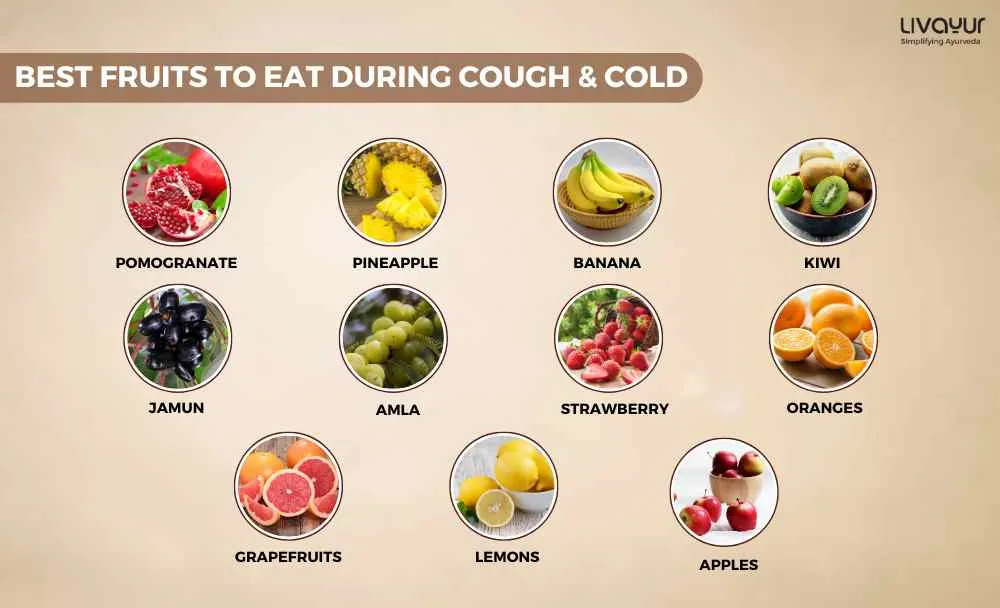
The choices we make regarding our dietary intake can impact our well-being, particularly when combating common ailments like coughs and colds. When a persistent cough lingers, our foods can alleviate symptoms or exacerbate the condition. This guide looks at the best fruits to eat and those to avoid during illness. So, let’s look at the most beneficial fruits that can support your recovery and bolster your immune system.
Importance of maintaining immunity during cough and cold
Maintaining a robust immune defense system is essential when dealing with the onset of coughs and colds. A healthy immune system serves as our body’s first line of defense against viral and bacterial infections, pivotal in reducing the incidence and severity of symptoms associated with common respiratory illnesses.
A well-functioning immune system helps ward off infections and aids in quickly recovering from these ailments. It minimizes the duration of discomfort and potential complications. Thus, prioritizing preserving and enhancing one’s immune function is critical in managing and mitigating the impact of coughs and colds. [1]
Best fruits to eat during cough and cold
Selecting suitable fruits during cough and cold can help relieve and support the immune system. Here, we present a selection of fruits renowned for their immune-boosting properties and symptom-alleviating benefits.
- Citrus fruits (e.g., oranges, grapefruits, lemons)
Citrus fruits have a good amount of vitamin C. It is a potent antioxidant that helps strengthen the immune system. Vitamin C enables the human system to produce white blood cells, which are crucial in combating infections. Additionally, the hydration provided by these fruits can soothe a sore throat. [2]
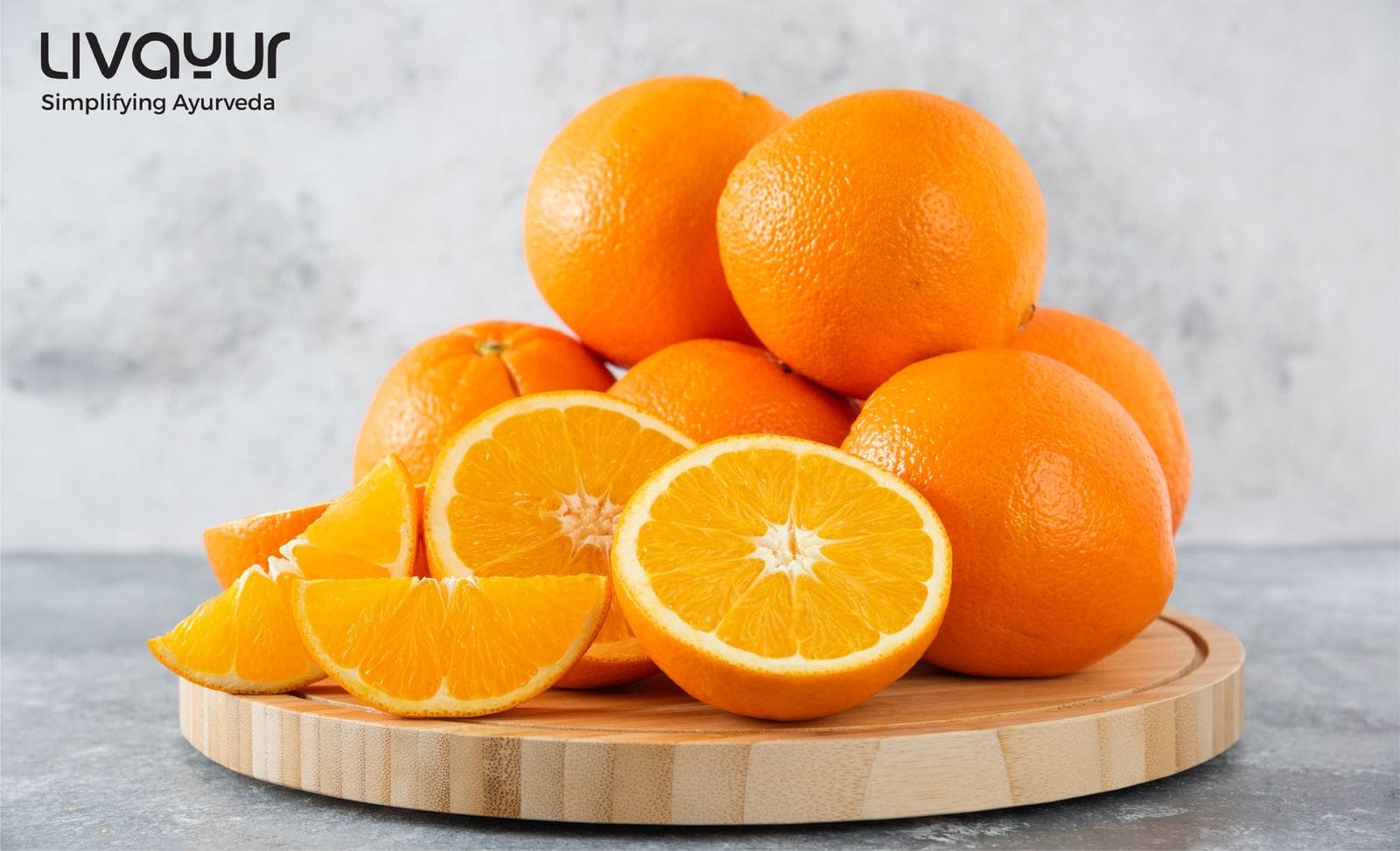
- Berries (e.g., jamun, amla, strawberries)
Berries contain antioxidants, including vitamin C, which can aid in enhancing the immune response. They are also easy to digest and can provide much-needed vitamins and hydration. [3]
- Pineapple
Pineapple contains bromelain, which has anti-inflammatory properties. It may help ease respiratory discomfort. This tropical fruit is also a good vitamin C and manganese source, which supports overall health. [4]
- Kiwi
Kiwis contain vitamin C, K, and other essential nutrients. Their high vitamin C content can help strengthen immunity and reduce the severity of cold symptoms. [5]
- Bananas
Bananas are easy on the stomach and provide a quick energy source, making them an ideal choice for low appetite due to illness. They are also rich in vitamin B6, which supports immune function. [6]
- Pomegranates
Pomegranates have antioxidants, particularly anthocyanins, which can help reduce inflammation and boost the immune system. The fruit’s juice is also known to soothe a sore throat. [7]
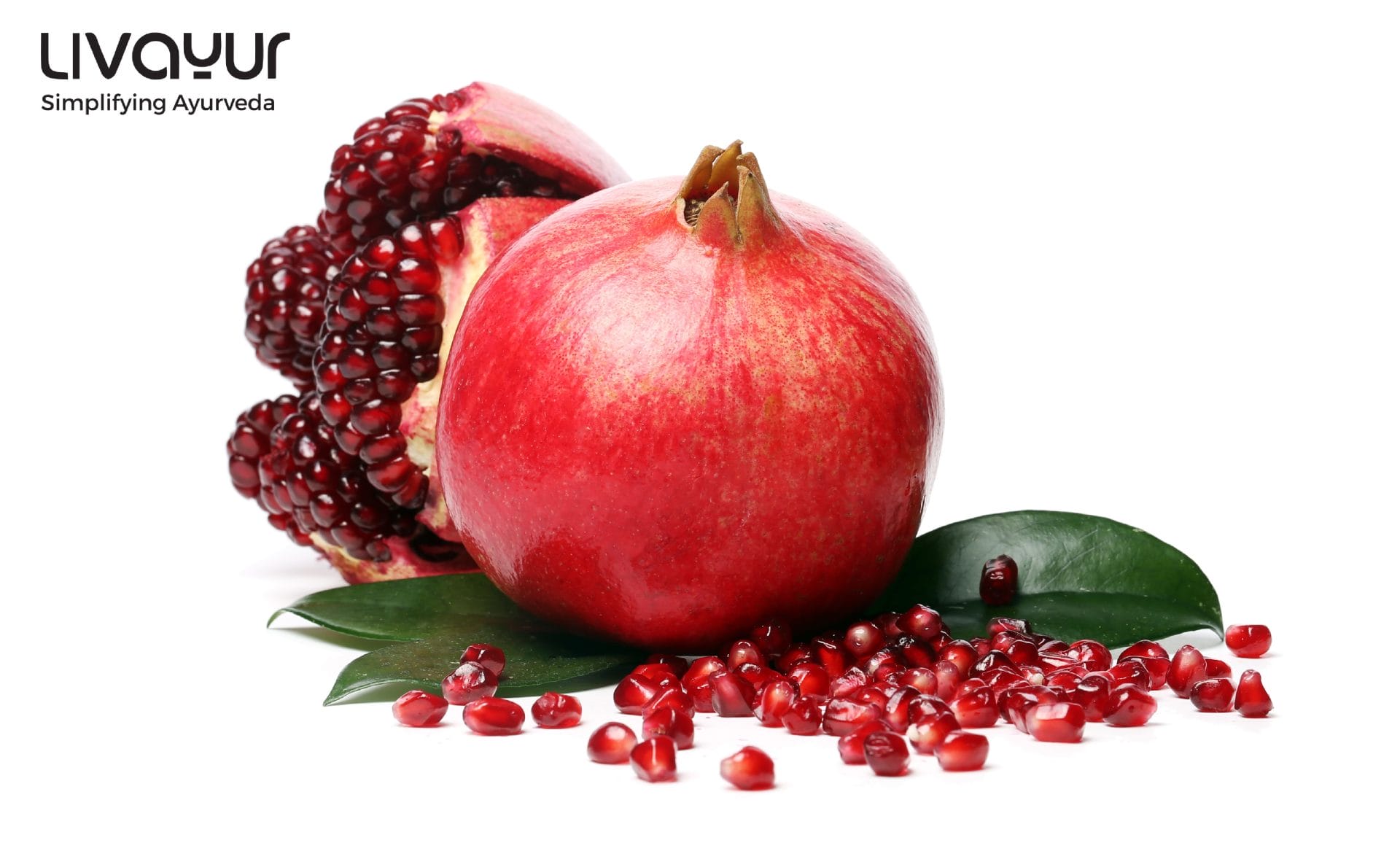
- Apples
Apples are an excellent vitamins and fiber source. Their skin contains antioxidants that may contribute to overall health. They are gentle on the stomach and can be consumed in various forms, such as applesauce or sliced for easy consumption. [8]
Fruits to avoid during cough and cold
While certain fruits can be beneficial in managing coughs and colds, others may exacerbate symptoms or prolong recovery. Here are some of the worst foods to eat when you have a cold.
- Highly acidic fruits
Fruits like tomatoes, technically a fruit, and acidic varieties of berries can exacerbate acid reflux symptoms and throat irritation, which are common complaints during a cold. It’s advisable to limit the consumption of these fruits during illness. [9]
- Excessively sour fruits
Fruits with a high sourness level, such as unripe mangoes or very sour plums, can irritate the throat and worsen coughing fits. They may also be harsh on the stomach, leading to digestive discomfort.
- High-sugar fruits and fruit juices
Fruits with a high sugar content, such as watermelon or overly ripe bananas, can temporarily weaken the immune system by causing spikes in blood sugar levels. Fruit juices with added sugars can have a similar effect. Elevated sugar levels can hinder the body’s ability to fight infections effectively. [10]
- Dried fruits with added sugar
Dried fruits, like sweetened cranberries or candied ginger, often contain added sugars that can suppress immune function and contribute to inflammation. Opt for unsweetened dried fruits if they are part of your diet.
- Fruits you’re allergic to
Individuals with known fruit allergies should altogether avoid those fruits, as consumption can trigger allergic reactions that may worsen cold symptoms and pose health risks.
- Citrus fruits in excess
While citrus fruits are ideal for their vitamin C content, excess consumption may lead to stomach discomfort and worsen acid reflux or heartburn, which can be common during a cold. [9]
FAQs
1. What are the benefits of eating bananas?
Bananas are nutritious and offer several benefits. They are rich in potassium, provide a quick energy boost, aid digestion through dietary fiber, support heart health, and contain vitamin C for immune function. [6]
2. What are some Indian fruits for cough and cold?
3. Does orange juice help with a cold?
Orange juice naturally contains a lot of vitamin C. It can support the immune system. It may help diminish the severity and duration of cold symptoms, but it’s not a cure. It’s beneficial as part of a balanced diet. [2]
4. What to eat when you have a cold and cough?
When dealing with a cold and cough, consuming warm and soothing foods is advisable. Options include warm herbal teas, broth-based soups, honey to soothe a sore throat, ginger for its anti-inflammatory properties, and fruits like bananas and apples for their ease of digestion and nutrients. Avoid dairy and cold, sugary foods.
Conclusion
The selection of fruits during episodes of cough and cold is a significant dietary consideration in promoting recovery and maintaining health. Carefully incorporating fruits like citrus varieties, berries, pineapple, and kiwi can provide much-needed immune support and symptom relief.
Equally important is the reasonable avoidance of fruits that may exacerbate discomfort or hinder healing. Embracing an informed approach to fruit consumption during illness will help you harness the natural benefits of these nutritional powerhouses to manage and alleviate the symptoms of coughs and colds. Always remember to consult healthcare professionals for personalized dietary guidance. It will ensure your choices align with specific health needs.
Disclaimer
The information provided here does not intend to replace professional advice or treatment.
References
- Self-Care for Common Colds: The Pivotal Role of Vitamin D, Vitamin C, Zinc, and Echinacea in Three Main Immune Interactive Clusters (Physical Barriers, Innate and Adaptive Immunity) Involved during an Episode of Common Colds—Practical Advice on Dosages and on the Time to Take These Nutrients/Botanicals in order to Prevent or Treat Common Colds
- Vitamin C
- The Tiny Strawberry is Packed with Vitamin C, Fiber, Antioxidants, and More
- Bromelain
- The nutritional and health attributes of kiwifruit: a review
- Bananas, raw
- Potent health effects of pomegranate
- Apples
- Diet and Gastroesophageal Reflux Disease (GERD)
- Diabetes and Your Immune System – CDC




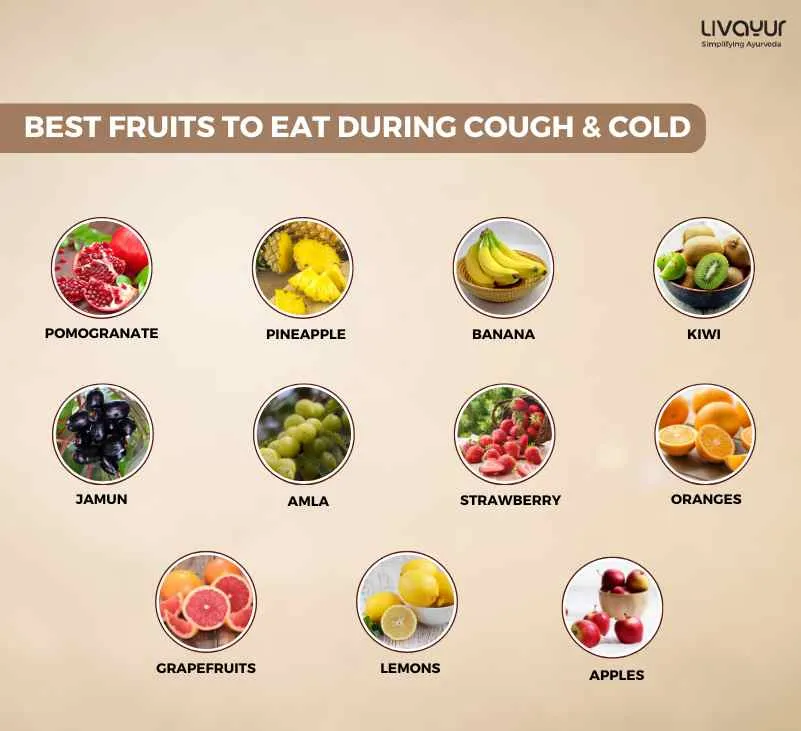

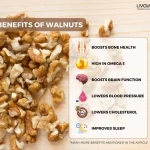
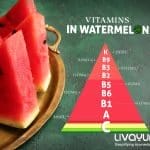
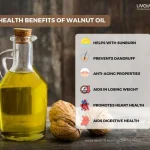
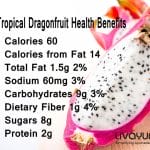

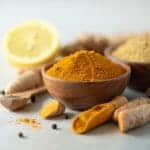


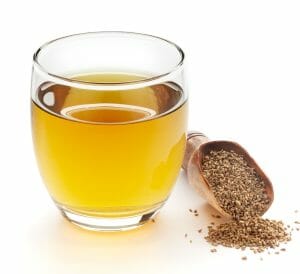
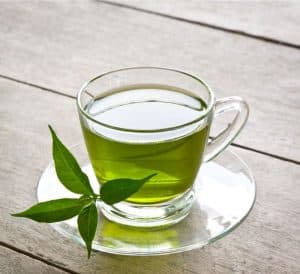
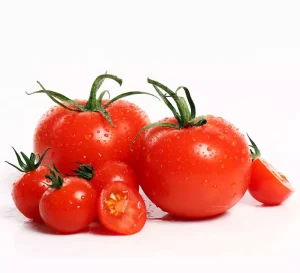

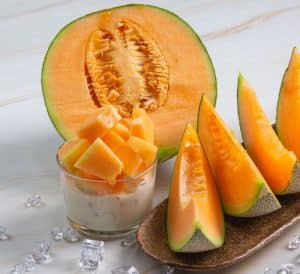






1 Comments